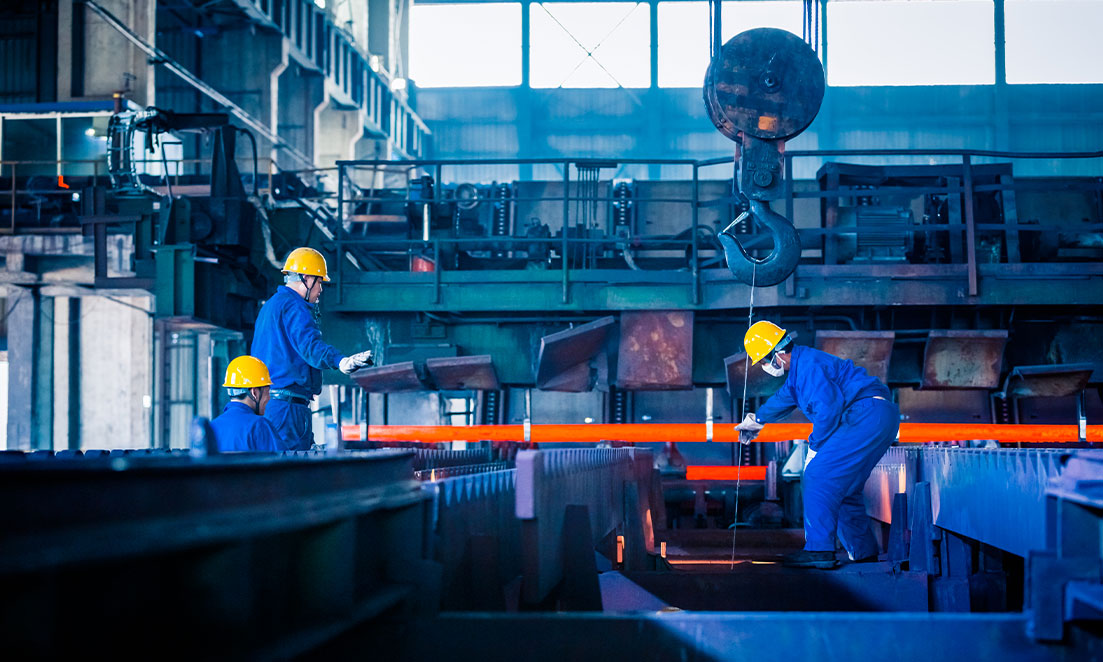Business is never easy. Aside from facing uncertainty about the company’s future, business owners are faced with never-ending challenges concerning regulation and compliance, financial management, data privacy, and much more. Business is hard as it is, but there is another factor that business owners have to brace themselves for: global warming.
The effects of climate change on business may not be so apparent today, but it is affecting industries on a global scale. All enterprises will have to adapt to environmental, economic, and political changes to stay afloat.
Some of the ways in which global warming can affect businesses include:
#1 Risks Due to Extreme Weather Conditions
Climate change has been linked to a heightened frequency of extreme weather conditions, including floods, droughts, storms, and fires. Businesses will likely see an increasing number of natural calamities that will disrupt their day-to-day operations, resulting in severe financial damage.
Business owners will have to mitigate their risk by ensuring that they obtain a comprehensive insurance policy that covers all of the potential perils. In addition, employees should receive adequate safety training, which includes knowing how to properly turn off the building business utilities.
#2 Disruption of the Supply Chain
Most – if not all – businesses depend on the supply chain. Companies cannot function without resources, which often includes information, people, and raw materials. A survey conducted by Deloitte found that nearly 80% of companies achieve greater revenue growth if they rely on a high-performing supply chain. Once the supply chain falls, so will the business.
In 2011, extreme flooding in Thailand affected over 14,500 companies worldwide that depended on Thai suppliers. Businesses including Western Digital, HP, and NEC saw losses amounting to as much as $20 billion.
Similarly, severe weather patterns may result in a shortage of raw materials used for food, clothing, and other products. Transporting goods from one location to another will undoubtedly cost more.

To protect businesses from the disruption of the supply chain, business owners will have to seek backup suppliers across different regions. However, it shouldn’t stop there. Businesses should also coordinate with their suppliers to implement contingency plans, especially if their suppliers carry components critical to the business’s operations.
To protect businesses from the disruption of the supply chain, business owners will have to seek backup suppliers across different regions. However, it shouldn’t stop there. Businesses should also coordinate with their suppliers to implement contingency plans, especially if their suppliers carry components critical to the business’s operations.
#3 Changes in Regulations
Governments across the globe are implementing regulations that are designed to address and mitigate global warming. The United Kingdom, for instance, has signed the Paris Agreement and has committed to reducing greenhouse gas emissions by up to 57% before the end of 2030. The UK has also pledged to hit “net-zero” emissions by 2050.
Industries that emit high levels of carbon, such as transportation and agriculture, will have to shift to cleaner sources of energy. Similarly, utility suppliers will have to begin generating power through renewable sources. Otherwise, they risk paying fines amounting to as much as £55,000. The UK has made it clear that businesses must comply with environmental legislation, which includes not exceeding certain limits for carbon emissions.
#4 Working Conditions and Employee Health
Climate change is making it difficult for businesses to provide their employees with an environment that promotes health and well-being. Extreme weather can affect employees physically, increasing the risk of heatstroke and other respiratory disorders. Businesses will also have to face the indirect effects of global warming such as malnutrition, sanitation problems, and much more. According to Verisk Maplecroft, Asian and African economies will be at extreme risk of “heat stress” by 2045.
As working conditions become harsher, industries that rely on manual labour will be affected the most. Businesses will have to factor in these health and safety risks to ensure that production remains uninterrupted and that ethical guidelines are complied with.
#5 Increased Consumer Pressure

An increasing number of consumers are becoming more conscious of their choices. Businesses that aren’t aligned with global efforts to reduce carbon emissions may find themselves losing consumers. This is especially true for businesses that target younger customers. According to a 2015 report by Nielsen, 73% of millennials are willing to pay more for sustainable offerings. Similarly, the 2017 Millennial Impact Report found that 87% of millennials are more likely to be loyal to a company that addresses environmental issues.
To adapt to consumer pressure, businesses must ensure that they are geared towards sustainability. This needs to be communicated through the company’s CSR and mission statement, among others. In addition, businesses should conduct business only with accredited “green” vendors.
How Businesses Can Prepare for Global Warming
Many businesses have already started to prepare for the inevitable effects of global warming. For instance, companies must conduct a comprehensive analysis to determine which areas of their business will be impacted the most. In addition, companies should actively seek sustainable alternatives. For instance, they may determine the feasibility of switching to renewable energy sources such as biogas, wind, and solar. They can request assistance from business utility UK providers to determine how they can enhance their environmental practices.

Businesses should also consider setting targets for their carbon emissions in accordance with the Paris Agreement. A survey conducted by Deloitte in 2019 found that less than 50% of European companies have emission targets in place.
While the Paris Agreement measures emission targets on a national level, companies have to put in their “fair share” of work to achieve the country’s overall goal.
Unless all industries actively participate in reducing carbon emissions, the country will not be seeing a significant reduction in emissions in the near future.
The Takeaway
Global warming is transforming how businesses interact with their consumers, suppliers, and employees. Thus, it is crucial to re-evaluate each company’s business model to mitigate foreseeable risks. Companies cannot simply manage climate-related risks as they arise, but instead, they must incorporate specific strategies into their overall business plan. Not doing so may result in the downfall of their business.
If you are a business owner in the UK, contact us today to learn more about how you can protect your business from the effects of global warming. At watt.co.uk, we specialize in helping businesses find the most suitable utility provider that aligns with their corporate goals.
